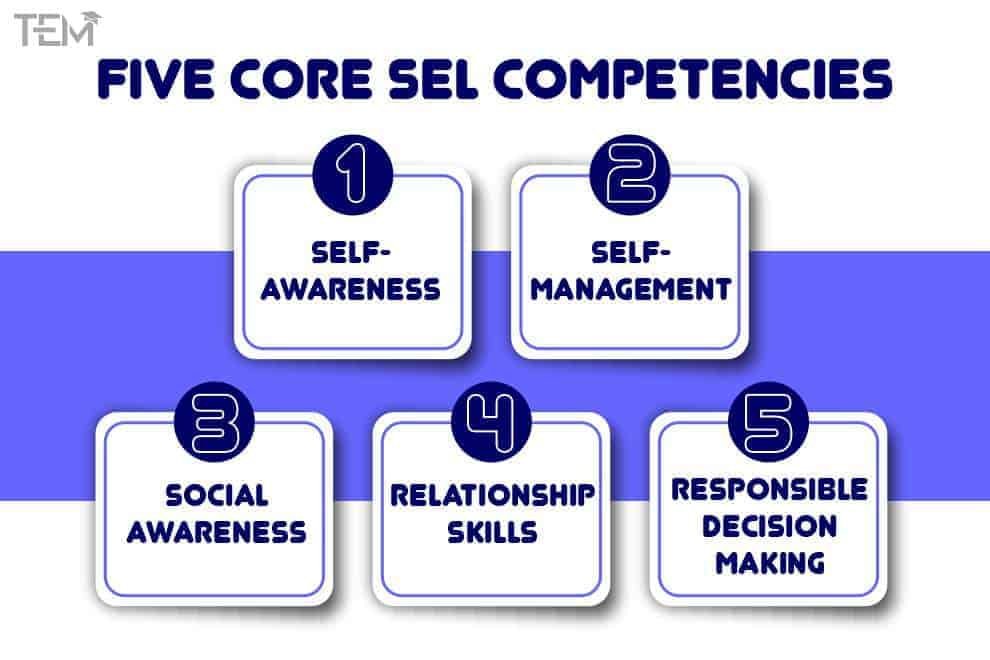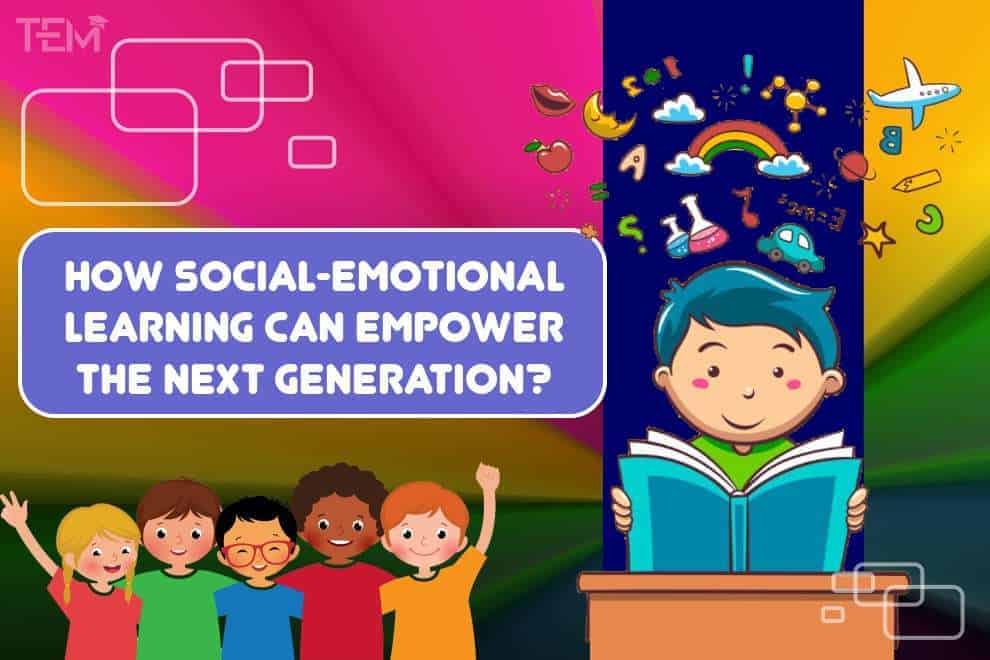We all know importance of education and how it can help one to grow in life. But have you ever heard about social-emotional learning?
How many times does it happen that you get confused while making decisions? You find it difficult to cope with emotions. You also feel nervous when getting along with new people. According to Gartner, by 2023, more than 33% of large organizations will have analysts practicing decision intelligence, including decision monitoring. All these are important social and emotional skills every individual must have. The skills, however, are usually difficult to inculcate. Here, the concept of social-emotional learning (SEL) plays a vital role in developing these skills among individuals efficiently and effectively.
What is Social-emotional Learning?
Social-emotional learning is generally the process of developing the apt social, emotional, and interpersonal skills that are necessary for success in life. People with strong social-emotional skills can better manage everyday challenges, build healthy relationships with people around them, as well as make the right decisions at the right time.
You would probably think social-emotional learning is a concept only for students, however, these skills can be taught to anyone regardless of their age.
Five Core SEL Competencies

SEL can be divided into five primary areas including,
- Self-Awareness:
Being aware of their strengths and weaknesses is important for students to understand their potential, identify their emotions, as well as develop a growth-oriented mindset.
- Self-Management:
This is an important facet of social-emotional learning as it involves managing emotions, internal motivation, as well as setting accessible goals to achieve.
- Social Awareness:
Individuals need to have the social awareness to gain a broader, different perspective, maintain relationships, as well as exhibit empathy, and appreciate diversity. Social-emotional learning helps them achieve that.
- Relationship Skills:
SEL empowers students with skills like conflict resolution and building positive, long-lasting relationships to help them grow on personal as well as professional levels.
- Responsible Decision Making
Decision-making is crucial in almost every facet of life. Through SEL, students are taught to analyze how certain decisions can have various impacts and how to make well-informed and responsible decisions.
How effective is SEL? A Statistical Overview (This can be designed as an Infographic)
Several pieces of researches have shown that students who have pursued social-emotional learning have shown dramatic improvements in their personal mental and physical health as well as have managed to successfully tackle the challenges by implementing strategies to overcome them.
According to a study by Taylor &Francis Online, the introduction of social-emotional learning resulted in children aged 4 to 14 being able to regulate their behavior and have more positive social interactions with their fellow students.
Another study on 705 students described as ‘high risk’ showed that using social-emotional learning early in development is a promising approach to improving academic proficiency in different areas like reading, writing, mathematics, etc.
Here are some more statistics on the impact of social-emotional learning.

- Students were 42% less likely to say that they were involved in physical aggression.
- Students with disabilities faced 20% less bullying
- There was a 5-12% decrease in dropout rates of schools providing SEL
- There was a 13% increase in students’ academic achievement
- 79% of employers say that SEL skills are the most important qualities for job success
Examples of Social-emotional Learning Activities
Here are some social-emotional learning activities that can help students regardless of their age.
- Practical Classroom Tasks
You can keep the classroom organized as well as keep the students engaged by allotting them with simple classroom tasks. These tasks may be erasing the chalkboard, sharpening pencils, watering plants, organizing the classroom library, delivering the attendance sheets to the office, etc. This will motivate students to take responsibility and develop much more interest in learning.
- Introduction with SEL Books
Skills like reading and comprehension—which are integral for students—can be developed by providing them with books that teach social-emotional learning skills. This can introduce students to different authors, topics, as well as give them different perspectives to view things around them. You can use different methods for different students. For instance, for kids, you can encourage them to read the books aloud. For older students, you can arrange group discussions on the things they learned from the books.
- Icebreaker Activities
Many times, newly-admitted students feel a bit awkward to open up in a new environment. Here, icebreaker activities can help them get acclimatized with the people and environment around them. This also gives students a chance to retrospect and analyze their personalities as well as emotions.
- Writing Journals
Writing and maintaining a journal is a great way, especially for middle school students to process information, be aware of their emotions, as well as take valuable feedbacks and plan for the future accordingly. You can give students time for regular journaling and provide them several prompts like—what is your favorite sport? what according to you is self-love? etc.
- Encouraging Debates
Arranging debates and encouraging students to participate can help boost their communication skills as well as interpersonal skills. A debate teaches participants to formulate structured arguments. Students are also taught to actively listen to and respectfully disagree with their counterparts.
- Interest Presentations
Besides academics, every student is passionate about something—whether it is any sports, singing, dancing, playing an instrument, etc. With interest presentations, you can encourage students to unleash their passions/interests. With this students will have the opportunity to find and connect classmates with common areas of interests.
Future of Social-emotional Learning
As the dynamics of education keep changing, the importance of social-emotional learning is expected to continue to increase. With the positive implementation of SEL, each educational institute can see significant improvements in student behavior, school climate, as well as academic achievements. Developing the quintessential social-emotional skills from an early age will benefit students excel in their professional careers as well as personal lives.
Also read: How is Google Classroom Banner making Online Learning more engaging?


